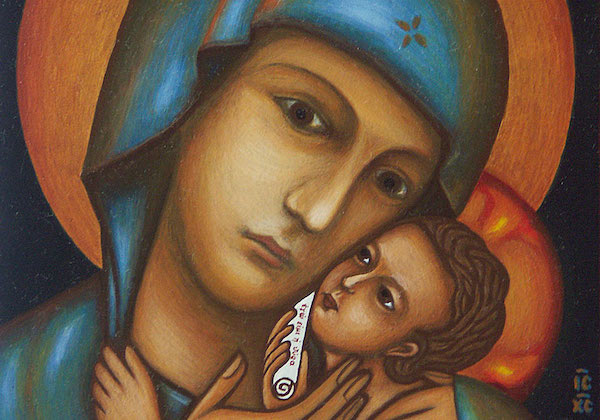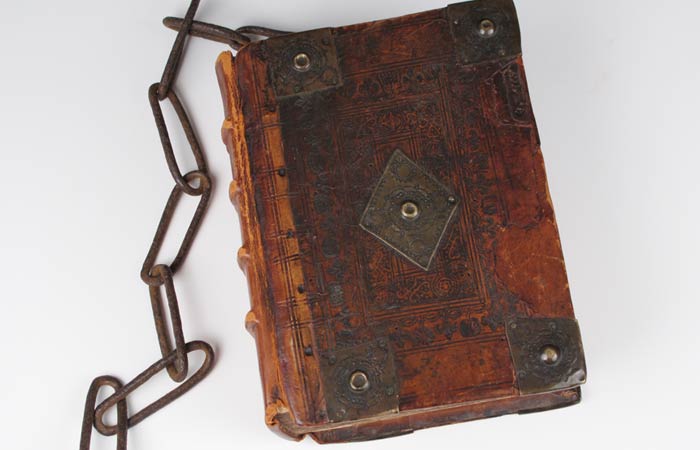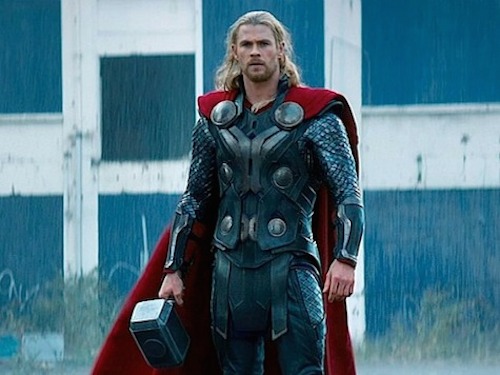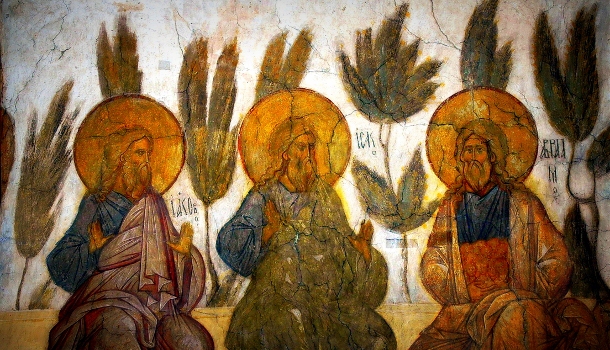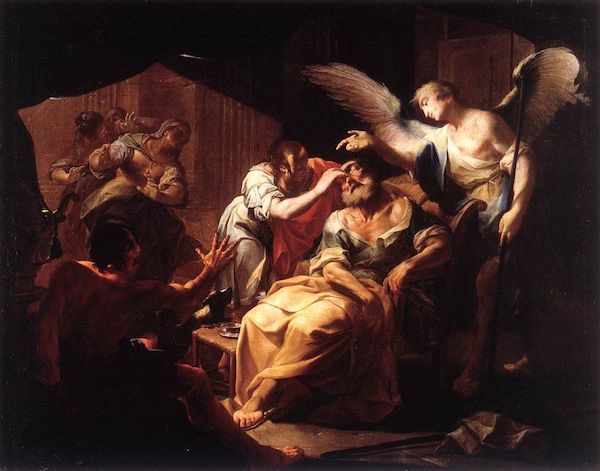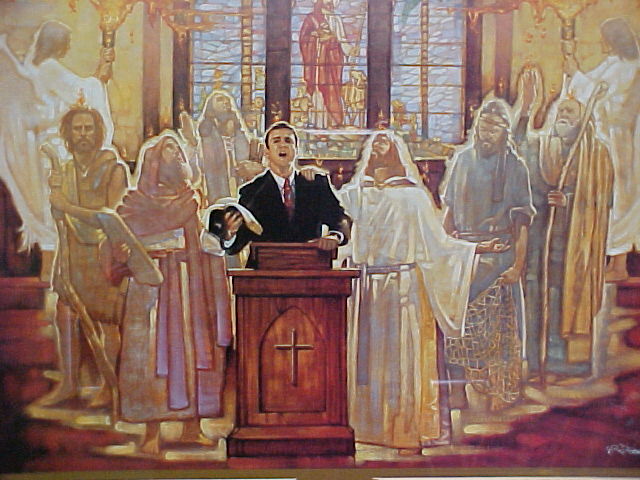Quick Apology: Is Mary “Mother of God”?
Objection
In today’s post I’d like to offer a quick apology to the following objection:
“Mary is the mother of Jesus, she’s not the ‘Mother of God'”
The idea being expressed here was championed by Nestorius in the 5th Century and condemned at the Council of Ephesus (AD 431). Unfortunately, this is a sentiment often expressed by many Protestants when they hear Catholics and Eastern Orthodox Christians refer to Mary as “Mother of God”.
Response
In responding to this objection, I simply put forward a few logical statements:
1. Jesus is God
2. Mary gave birth to Jesus
3. Therefore, Mary is the mother of God
I then ask the person with whom I am speaking to identify the perceived error. Does he deny that Jesus is God? Does he deny that Mary gave birth to Jesus? If Jesus is God and Mary gave birth to Him, doesn’t “Mother of God” seems to be an appropriately descriptive title?
To put it in terms of Scripture, in Luke’s Gospel, St. Elizabeth says to Mary “And why is this granted me, that the mother of my Lord should come to me?” (Luke 1:43). Is Elizabeth’s “Lord” God? Yes or No? If her “Lord” is God then Mary is “the mother of [her] Lord[/God]”.
One might also consider the Deuteronomic command to “Honour your father and mother” (Deuteronomy 5:16). As we all know, Jesus fulfilled the Law perfectly. So, in fulfilling this command, whom did He honour?
Contrary to what is often proposed, Mary being “Mother of God” does not make her greater than Jesus. It simply establishes her relationship with her Son and Saviour and, like the pronouncements of the Council of Ephesus, safeguards the Church’s teaching concerning the divinity of Christ.
